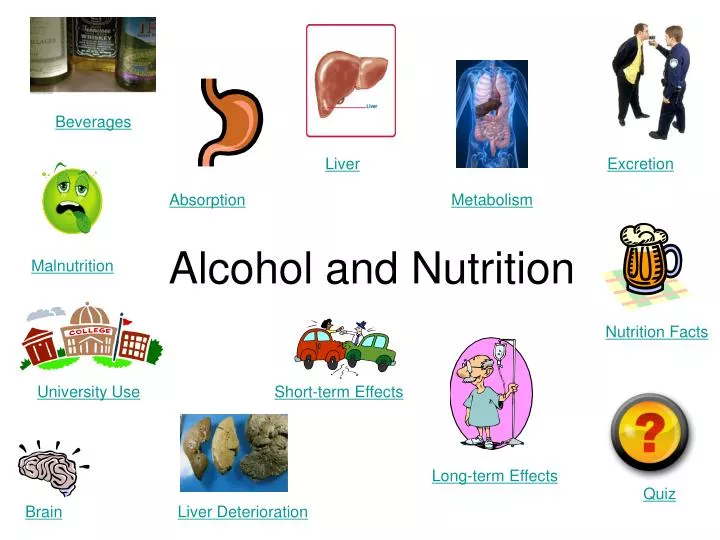Nutrition And Mental Health: A Word About Alcohol
Thursday, August 1, 2024
Edit

Nutrition And Mental Health: A Word About Alcohol
The Link Between Nutrition and Mental Health
It is becoming increasingly clear that there is a strong link between nutrition and mental health. While it is true that proper nutrition can help to maintain overall physical and mental health, there is growing evidence that it can also play an important role in helping to treat mental health conditions. For example, research has shown that individuals who have diets that are high in unhealthy foods, such as processed and fast foods, have an increased risk of developing depression and anxiety. On the other hand, individuals who have diets that are high in healthy foods, such as fruits, vegetables, lean proteins, and whole grains, are less likely to develop depression and anxiety.
The Role of Alcohol in Mental Health
Alcohol is a substance that can have both positive and negative effects on mental health. In moderation, it has been linked to improved mood and relaxation. However, in excess, it can lead to a variety of serious mental health issues, such as depression, anxiety, and even substance abuse disorders. For this reason, it is important to be aware of the potential risks associated with drinking alcohol and to ensure that you are drinking responsibly.
The Effects of Alcohol on Nutrition
When it comes to nutrition, alcohol can have both positive and negative effects. On the positive side, it can provide calories, which can be beneficial for those who are trying to gain weight. On the negative side, it can interfere with the absorption of essential vitamins and minerals, such as vitamin B12, which can lead to deficiencies. Additionally, alcohol is often high in sugar and empty calories, which can lead to weight gain and an increased risk of developing chronic diseases, such as diabetes and heart disease.
Tips for Responsible Drinking
If you choose to drink alcohol, it is important to do so responsibly. Here are some tips for how to drink responsibly:
1. Don’t Drink on an Empty Stomach
Drinking on an empty stomach can lead to intoxication more quickly and can increase the risk of alcohol-related health issues. It is important to always have food in your stomach before you start drinking.
2. Alternate Alcohol with Water
It is important to stay hydrated while drinking alcohol. To do this, it is recommended that you alternate between alcoholic drinks and glasses of water. This will not only help you to stay hydrated, but it will also help you to slow the rate at which you are drinking.
3. Don’t Mix Alcohol with Other Substances
It is important to avoid mixing alcohol with other substances, such as drugs or energy drinks. Doing so can increase the risk of serious health problems, such as alcohol poisoning.
Conclusion
In conclusion, there is a strong link between nutrition and mental health. Additionally, alcohol can have both positive and negative effects on mental and physical health. For this reason, it is important to be aware of the potential risks associated with drinking alcohol and to ensure that you are drinking responsibly.
American Council on Exercise - 6 ways alcohol affects your body

PPT - Alcohol and Nutrition PowerPoint Presentation, free download - ID

How do Alcohol Affects your Body [infographic] - Infographic Database
![Nutrition And Mental Health: A Word About Alcohol How do Alcohol Affects your Body [infographic] - Infographic Database](https://infographicdatabase.com/wp-content/uploads/2016/11/mental_and_physical_effects_of_alcohol_infographic.jpg)
Nutrition & Mental Health

Pin on Therapy

The 25+ best Alcohol effects ideas on Pinterest | Effects of alcohol

Alcohol Definition Print,Alcohol Definition Poster,Dictionary Print

Alcohol and Nutrition
Alcohol and physical health

World Mental Health Day – Alcoholism and Mental Illness – Coastal Detox
